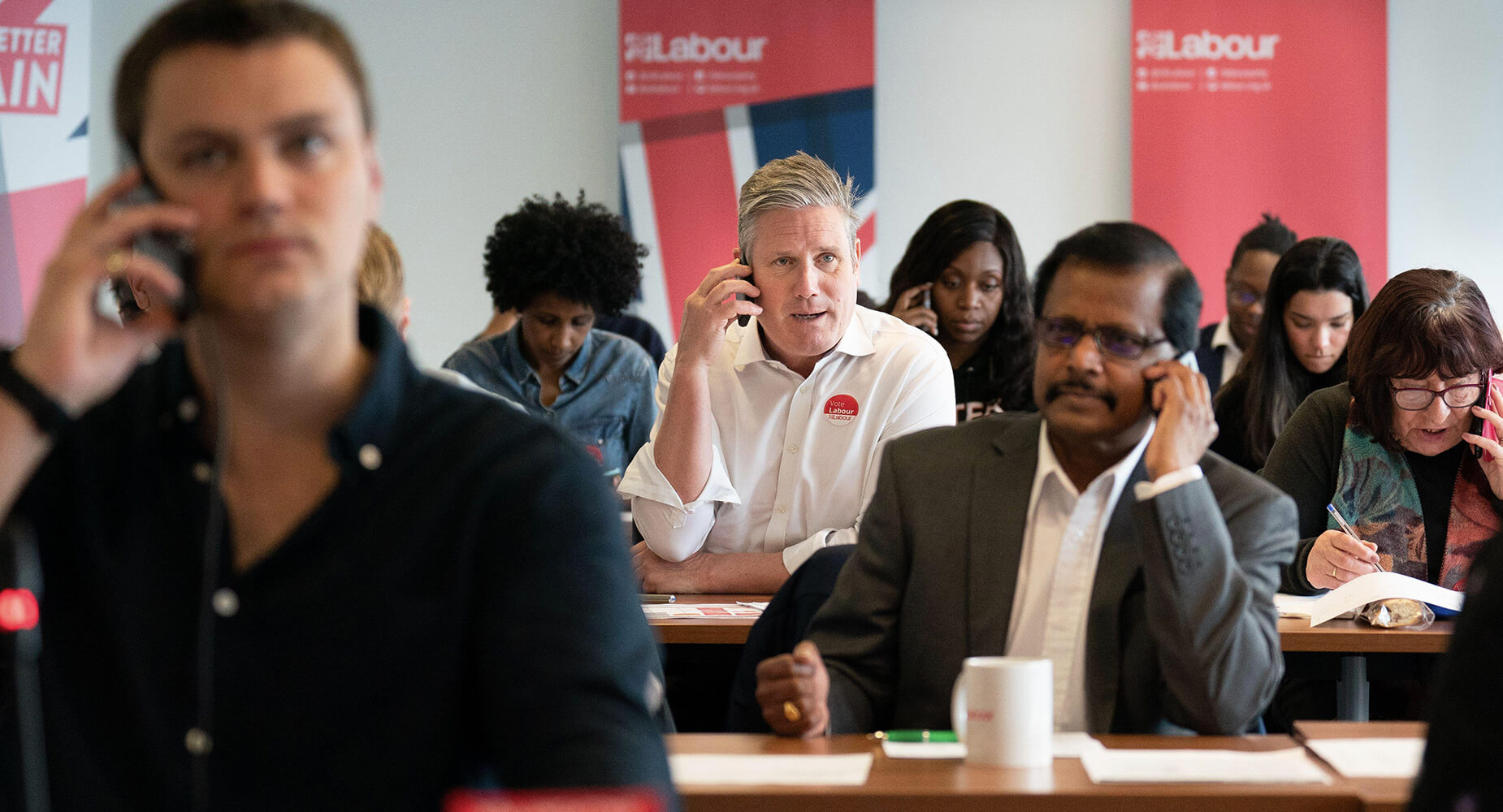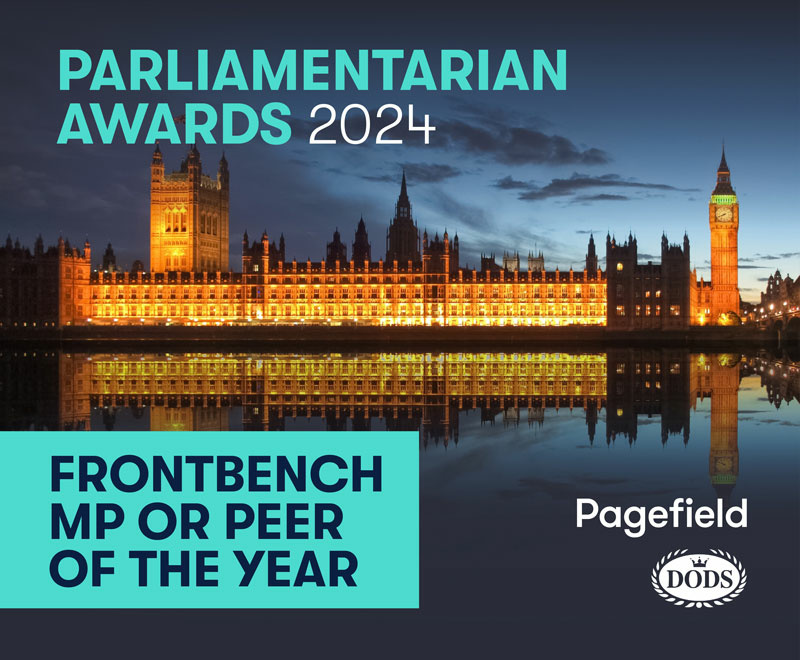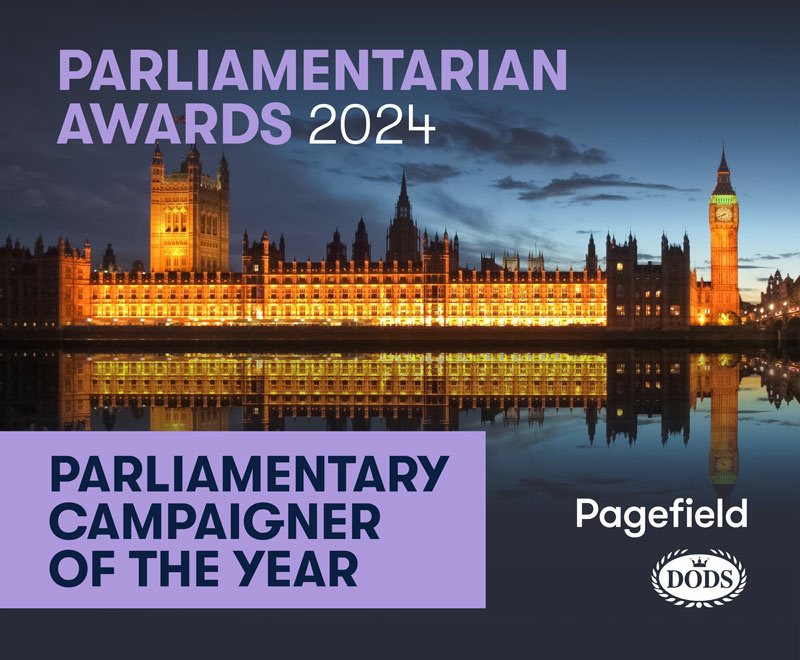Whilst the local elections on 4 May were Rishi Sunak’s first electoral test since becoming Prime Minister, perhaps more importantly, for Keir Starmer, they were the opportunity to show the tide of public opinion was changing in Labour’s favour.
The Conservatives had some heavy expectation management, with briefings that they might see losses of up to 1000 seats, and Labour saying in response that this showed that it was time for change.
With 230 Councils up for election, a lot had changed since voters last went to the polls in May 2019, and when all the votes had been counted, the Conservatives faced a loss of 48 Councils, with Labour taking 22, and the Liberal Democrats taking 12.
Now the dust has settled, Pagefield looks at where this leaves the Labour Party.
Voters are increasingly willing to take a chance on Labour
Labour made gains of over 500 seats in these local elections. Hailed as a great success for the Party, Starmer himself has said that these results set Labour “on course for a…majority at the next general election”.
The Party sees this shift as a result of hard work to reposition Labour as a credible alternative to the current Government. They believe that after 13 years of Conservative government, voters are ready for a change. Voters are looking for a new direction, and Labour is positioning itself as the party that can offer this change.
Polls also show that Labour now has a lead over the Conservatives in economic competence – a key factor for voters in who they will support. This has been a battle that has taken the Labour Party a long time to win, and it’s an indicator that their relentless pursuit to show they can be trusted with the economy is working.
To win at the next General Election, the Party needs to continue pushing this narrative, demonstrating that they can be trusted and would do things differently, improving the lives of voters up and down the country.
The Lib Dems did well at the local elections, but that doesn’t translate to gains in a General Election
Much of the media commentary downplayed Labour’s win, and instead focused on the ‘rise of the Liberal Democrats’ with their gains of 12 Councils. This led to further speculation and increased commentary saying that a ‘hung parliament’ is the most likely outcome of the next General Election.
This narrative is unhelpful for the Labour Party, who remain of the view that they can win an outright majority, and do not want to be distracted by being asked whether they will go into coalition with the Liberal Democrats.
Whilst the Liberal Democrats undoubtedly did well in these local elections, they traditionally overperform, and therefore any speculation that they will replicate these results in a General Election should be taken with a pinch of salt.
Labour needs to continue with the firm messaging that they are on track to win an outright majority, and tread a careful line between encouraging tactical voting where it would help reduce the number of Conservative MPs, but not to the detriment of preventing Labour taking seats and guaranteeing them a majority.
The extent of voter ID on suppressing voters is yet to be fully seen
This was the first time that voters were required to produce photographic ID in order to be able to vote.
There were numerous concerns raised as we headed towards the local elections that millions would be disenfranchised, and Government’s own research said that 2 million people may not have the right ID to be allowed to cast their vote.
On the day, social media was alight with examples of individuals being turned away, but it is hard to verify exactly how many people who truly did want to vote couldn’t do so. Organisations like the Electoral Reform Society are looking into this, but it’s clear that anecdotally people were turned away for not having the ‘right’ type of photographic ID, or not having ID at all.
We know that young people and marginalised voters are less likely to have the photographic ID required, and the biggest concern for Labour is that it is their voters who will be disproportionately disenfranchised.
There will need to be a huge drive by the Party to either get these individuals signed up to postal voting in advance or get them access to the Government’s free ‘voter authority certificate’ that will ensure they are able to case their vote when the time comes.
—
At Pagefield, we understand the Labour Party and are specialists in Public & Regulatory Affairs. Our team includes those who have worked in the Shadow Cabinet, on Labour-run Local Authorities, and hold positions in their local parties. If you want to talk to us about how we can help you to engage the Party ahead of the General Election, please get in touch via hello@pagefield.co.uk




